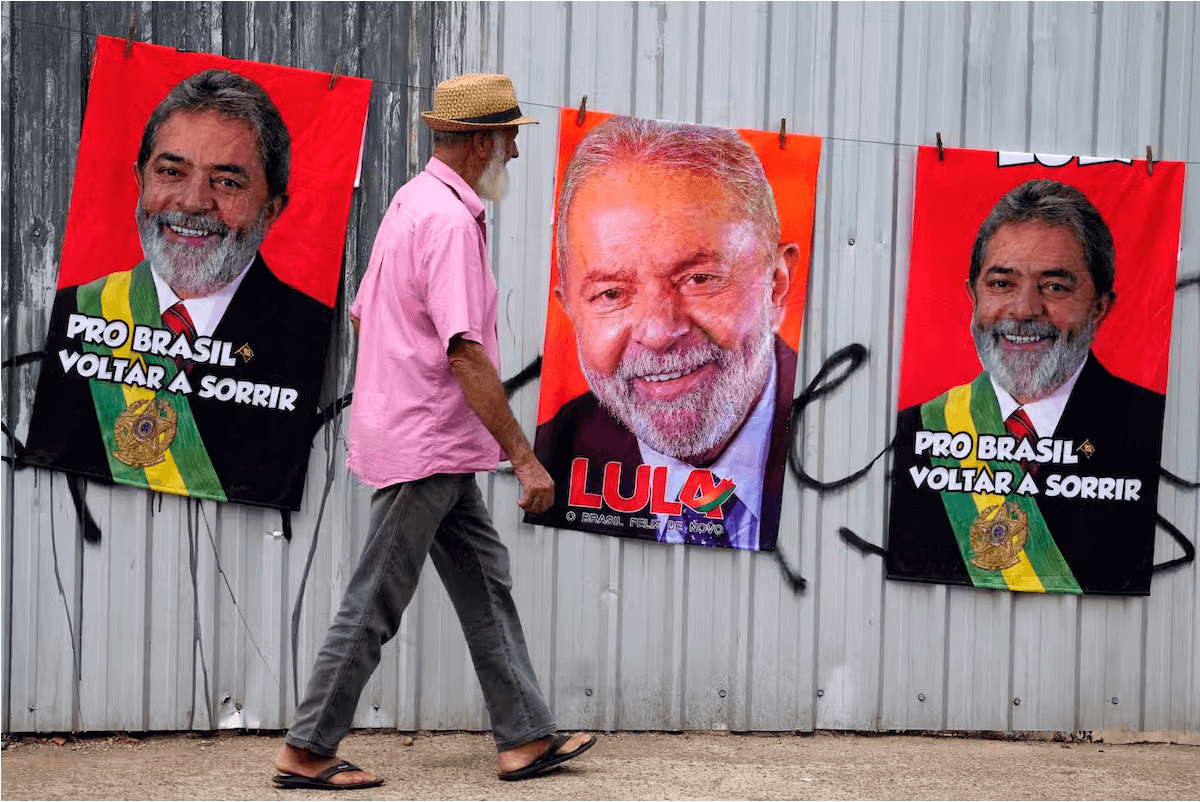Religion is shaping Brazil’s presidential election – but its evangelicals aren’t the same as America’s
Posted Oct 5, 2022

With one week to go before Brazil’s presidential election, the two front-runners are battling for the religious vote.
Last month, first lady Michelle Bolsonaro told an evangelical church service that the presidential palace had been “consecrated to demons” under previous presidential administrations – a gibe against former president Luiz Inácio Lula da Silva, commonly known as Lula, and his center-left Workers’ Party. Lula is running again in this year’s election, whose first round is Oct. 2, 2022, and has joined the fray. In his official campaign kickoff in August 2022, for instance, he alleged that the right-wing current president, Jair Bolsonaro, is “possessed by the devil.” Lula has been heavily favored to win the election and retake the office he held from 2003 to 2010. In polls, he currently runs about 15 percentage points ahead of Bolsonaro.
Religious voters are an important part of the story. Bolsonaro – whom international media dubbed the “Trump of the Tropics” for his persona as a conservative firebrand, his anti-democratic streak, and his ability to attract a Christian base – garnered 70% of evangelical support in the 2018 election. Scholars, including Iowa State University professor of Political Science Amy Erica Smith, argue that without the evangelical vote, he would have narrowly lost.
Read Smith’s’ full article in The Conversation here.
